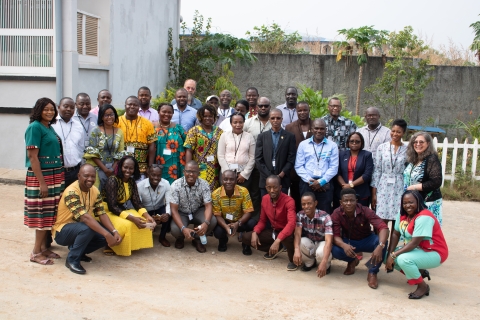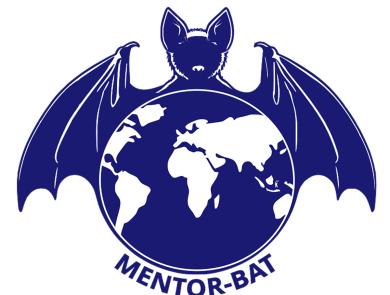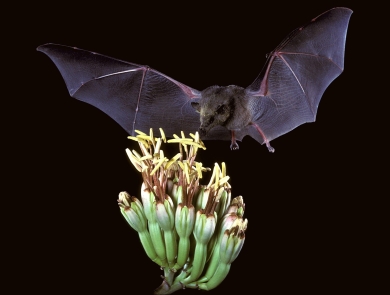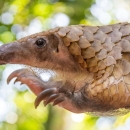What We Do
Our Services
The U.S. Fish and Wildlife Service's MENTOR Fellowship Program builds conservation leadership among teams of transdiscilinary professionals – initially across Africa, but now expanding to other parts of the world. Building on academic and field-based training, MENTOR connects teams of Fellows with long-term Mentors: senior conservation leaders and international experts who guide the Fellows, teach problem-solving techniques, and foster the development of creative solutions in a learning partnership that continues throughout the Mentors' and Fellows' careers.
MENTOR programs have developed conservation leadership across various issues, including the bushmeat trade, extractive industries, fisheries management, protected area management, and the unique challenges of manatee, great ape, pangolin, and bat conservation. Fellows earn post-graduate degrees, diplomas, or certificates from national and regional colleges and universities. Since launching in 2008, we have completed seven MENTOR programs, with attendance by 61 Fellows from 11 African countries. The newest program to be launched is MENTOR-HAWLT (Holistically Addressing Wildlife Trafficking), located in Kenya.
Our Projects and Initiatives
Discover more about our program through the Developing Conservation Leaders through MENTOR booklet, which highlights our innovative approach to strengthening capacity and inspiring leadership for wildlife conservation in Africa. The experiences and stories offer a glimpse into how the programs have impacted the careers and professional development of Fellows, resulting in a strong return on investment and advancing the wildlife conservation agenda through innovative African leadership.
Since 2008, we have supported nine MENTOR programs, including:
- MENTOR 2008-2009: Kenya, South Sudan, Tanzania, and Uganda
- MENTOR-FOREST 2010-2012: Gabon, Republic of the Congo
- MENTOR-PACE (Protecting Apes and Conserving Ecosystems), 2014-2018: Liberia, Sierra Leone
- MENTOR-Manatee 2015-2018: Cameroon, Democratic Republic of the Congo, Gabon
- MENTOR-POP (Progress on Pangolins), 2016-2018: Cameroon, Democratic Republic of the Congo, Gabon, Vietnam
- MENTOR-Fish 2019-2021: Gabon
- MENTOR-Bushmeat 2020-2022: Democratic Republic of the Congo, Equatorial Guinea, Gabon, Republic of the Congo
- MENTOR-Bat 2023-2025: Cameroon, Colombia, Indonesia
- MENTOR-Conservator 2023-2025: Gabon
MENTOR Evaluation Published
An evaluation of the MENTOR Program was published in Oryx in 2022.The evaluation states that the MENTOR Fellows attribute changes in their capabilities, confidence, and professionalism to the overall MENTOR Program approach. See: Abu-Bakarr, I., Bakarr, M., Gelman, N., Johnny, J., Kamanda, P., Killian, D., . . . Wadsworth, R. (2022). Capacity and leadership development for wildlife conservation in sub-Saharan Africa: Assessment of a programme linking training and mentorship. Oryx, 1-9. doi:10.1017/S0030605321000855.




